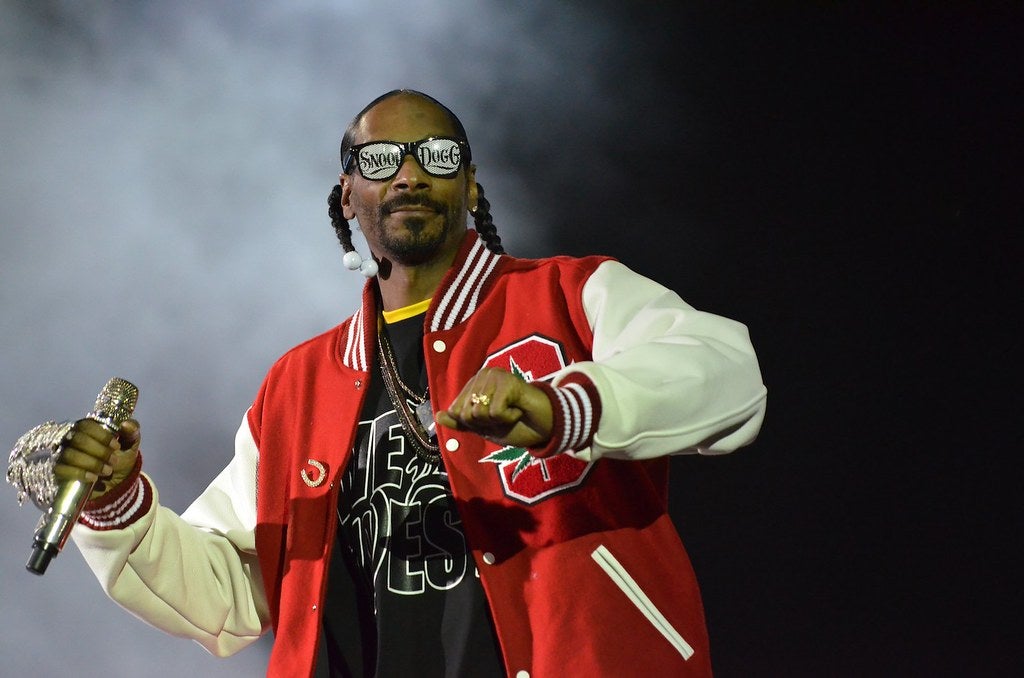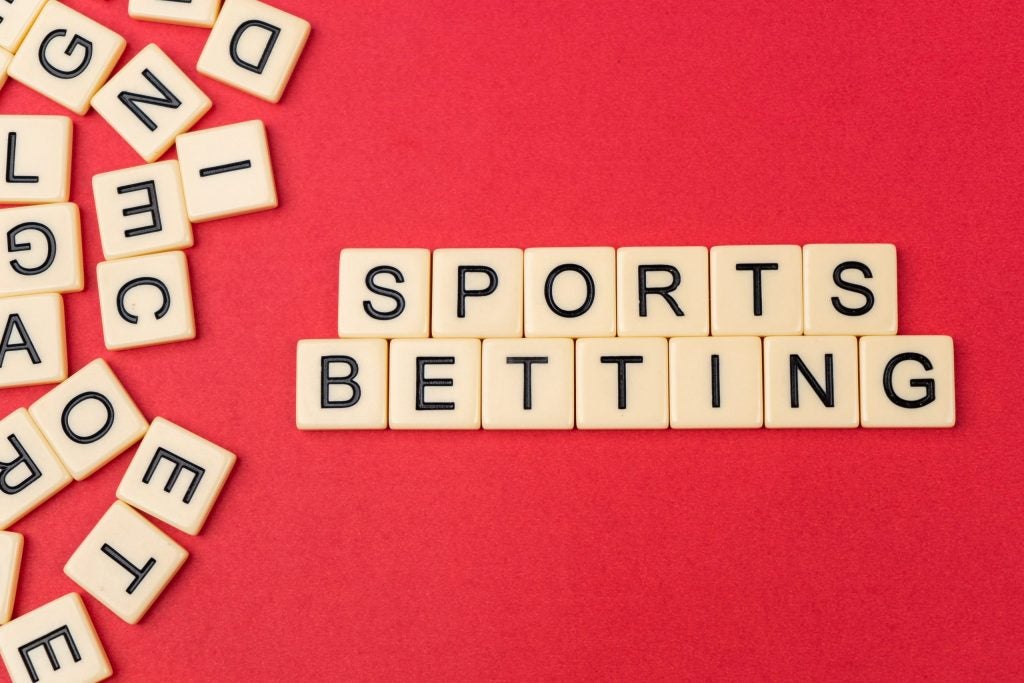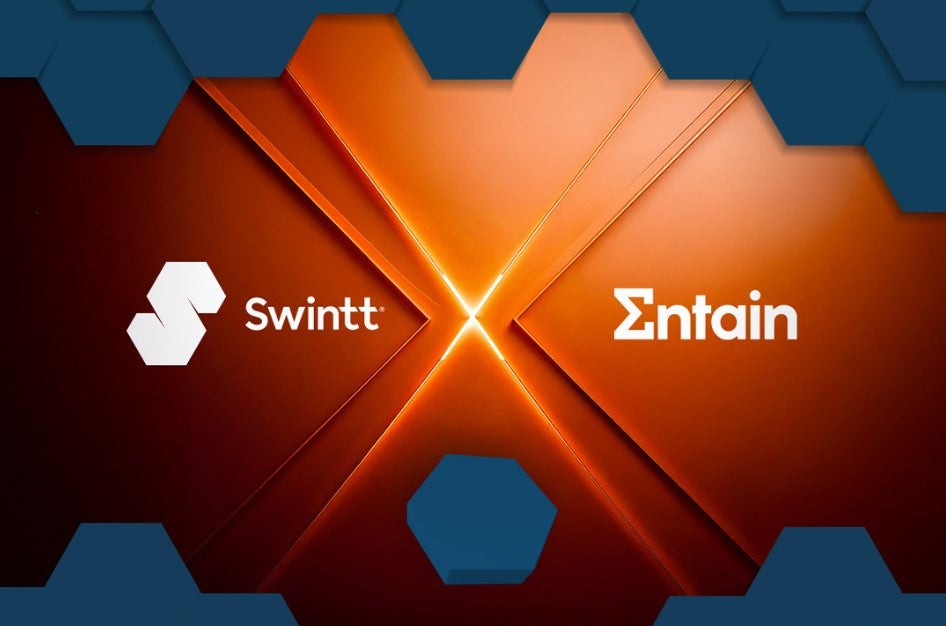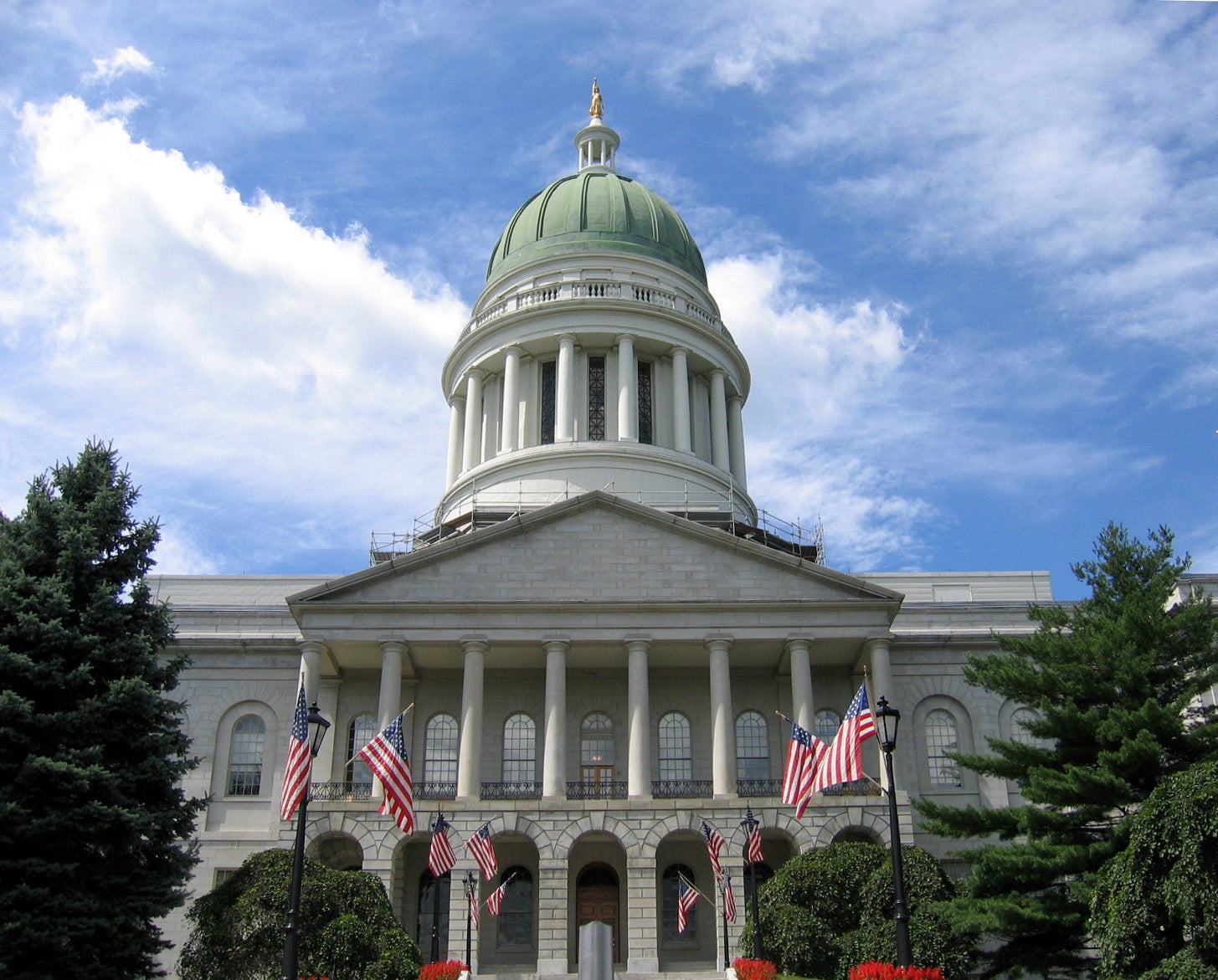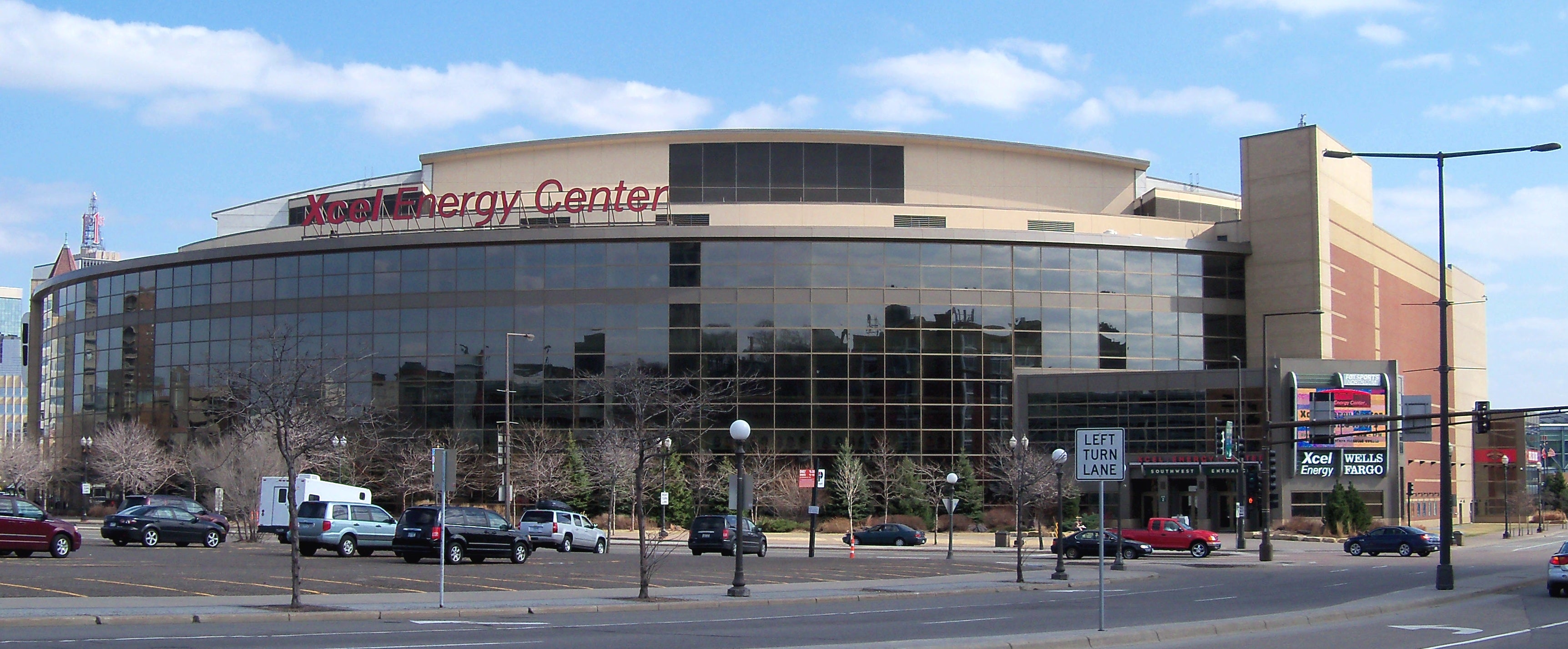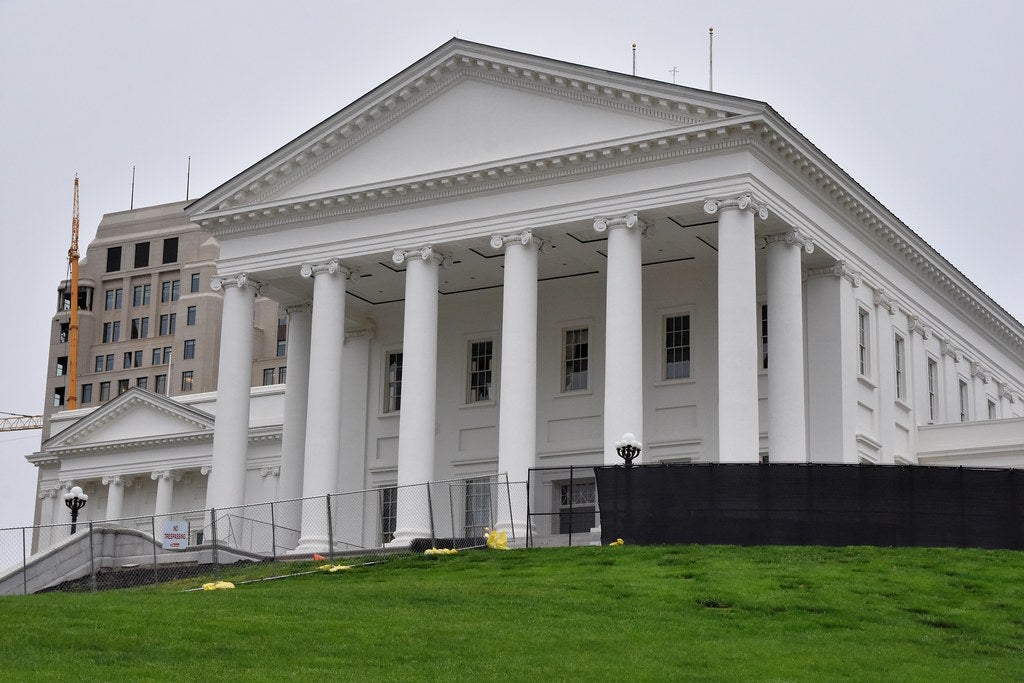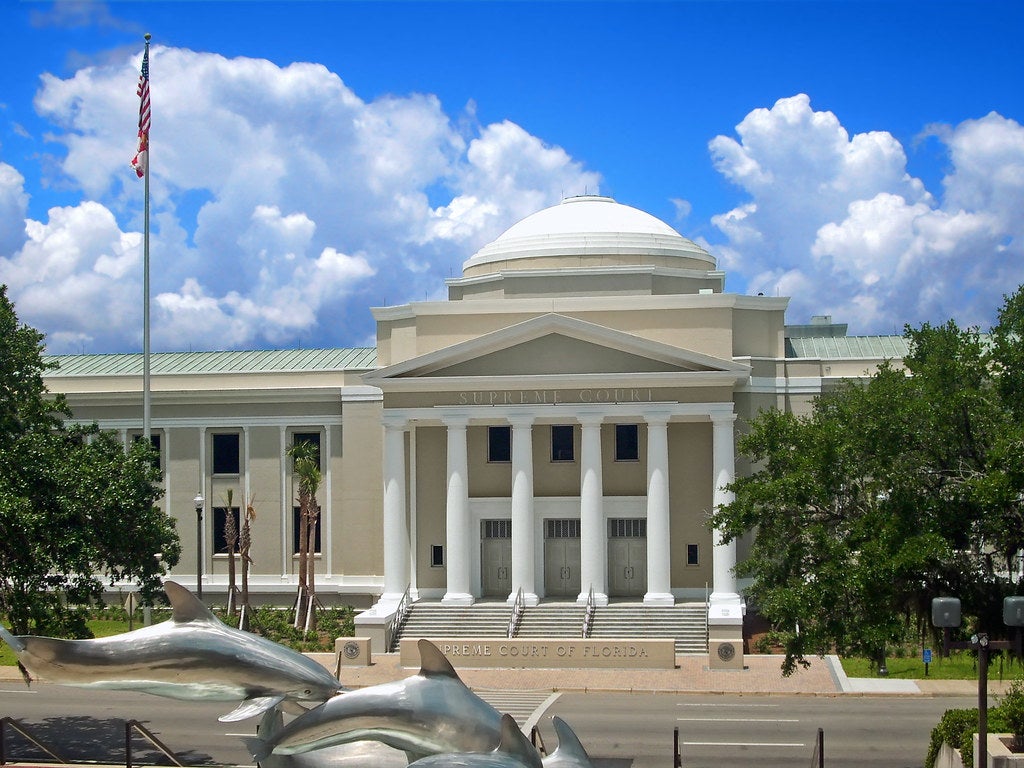Tracking the numbers
Hollywood Casino & Resort was the big winner in September, generating $13.8 million in gross gaming revenue. That was up 9.6 percent year-over-year and resulted in about $3 million in taxes for the state, based on its 22 percent share. Another three percent went to the local community, while two percent went to the state’s problem gambling fund.
Kansas Star Casino & Resort was close behind with $12.4 million in revenue, a 2.8 percent-year-over-year increase. That provided about $2.7 million in tax payments to the state.
Despite only comprising half of the state’s casino ecosystem, the two facilities produced nearly 80 percent of all casino revenue during September.
Boot Hill Casino was next in line with revenue of $3.3 million, though it experienced the largest year-over-year decrease (14.2 percent). The casino sent about $792,000 in tax payments to the state based on a 24 percent rate, which was implemented in Dec. 2024.
Kansas Crossing Casino & Resort brought up the rear with $3 million in revenue, down 4.4 percent year-over-year. That resulted in about $660,000 in tax contributions to the state.
All in all, Kansas received approximately $7.1 million in casino gaming taxes in September.
Tax hikes on the way?
Kansas’ casino gaming market has enjoyed a productive year. Revenue up to fiscal year Sept. 30, 2025, totaled $106 million, a 4.5 percent year-over-year increase on the total reported at the end of Sept. 2024.
Despite that, Kansas lawmakers are still searching for ways to generate more tax funding.
A recent six-hour-plus meeting by the Kansas Special Committee on Federal and State Affairs saw several lawmakers suggest that the state should increase its 10 percent tax on sports betting revenue. For comparison, land-based casinos pay 22-24 percent on their revenues.
According to Molly Pratt, a fiscal analyst with the Kansas Legislative Research Department, Kansas generated the third-lowest portion of gross revenue and sixth-least amount of tax revenue dollars based on sports betting of all states.
“Taking a look at these states, Rhode Island gets 51 percent... The net that Kansas gets is 6.5 percent. Am I seeing this correct?” asked Rep. Francis Awerkamp. “That some of these states get 50 percent of the gross, and we get 6.5 percent? There is a lot of money there; it’s just, where does the money go?”
“Ratcheting up taxes sounds like quick money, but the real-world effect is to make the legal market less competitive against offshore sites that pay zero Kansas taxes and offer unregulated prices,” added John A. Pappas, state advocacy director at iDevelopment and Economic Association.
Notably, Missouri, Kansas’ neighbor, will launch its sports betting market on Dec. 1 with a 10 percent tax standard.




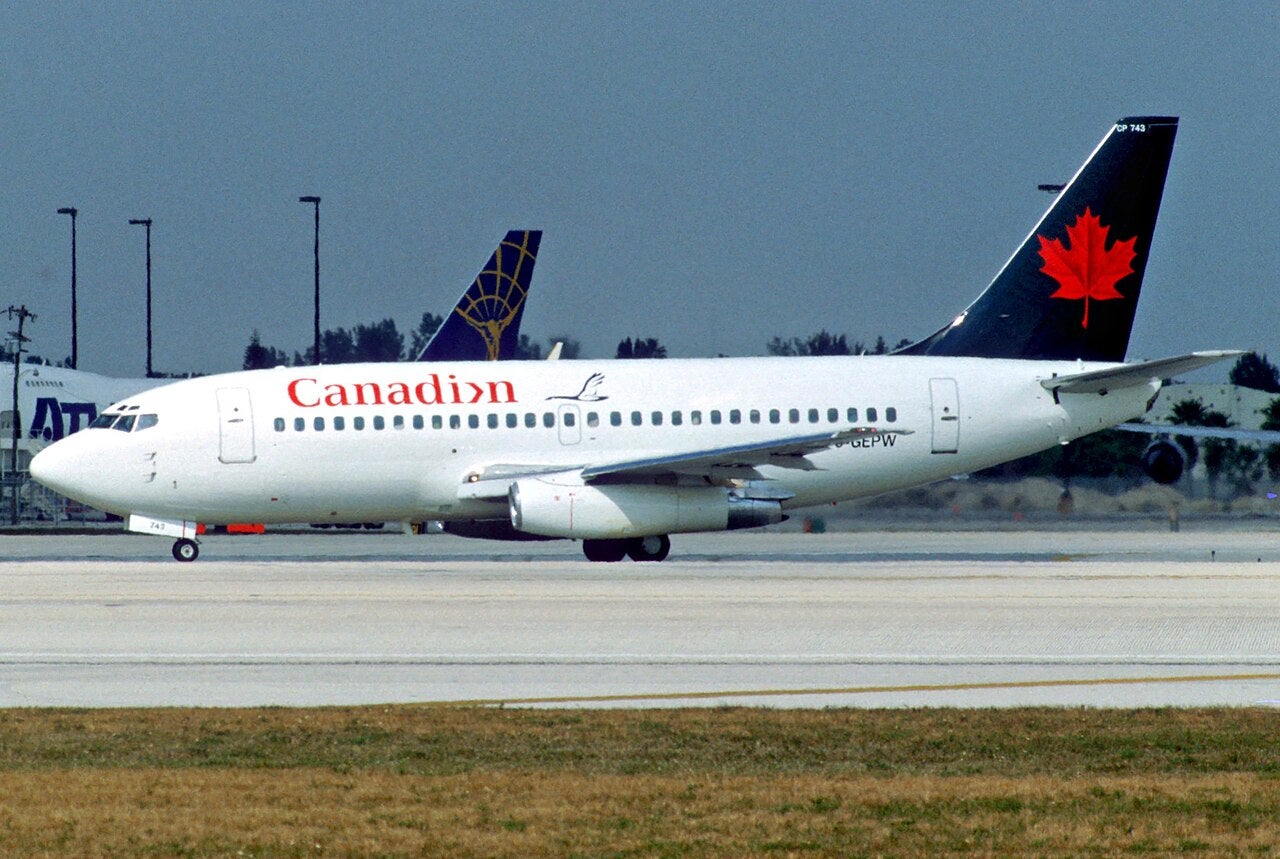
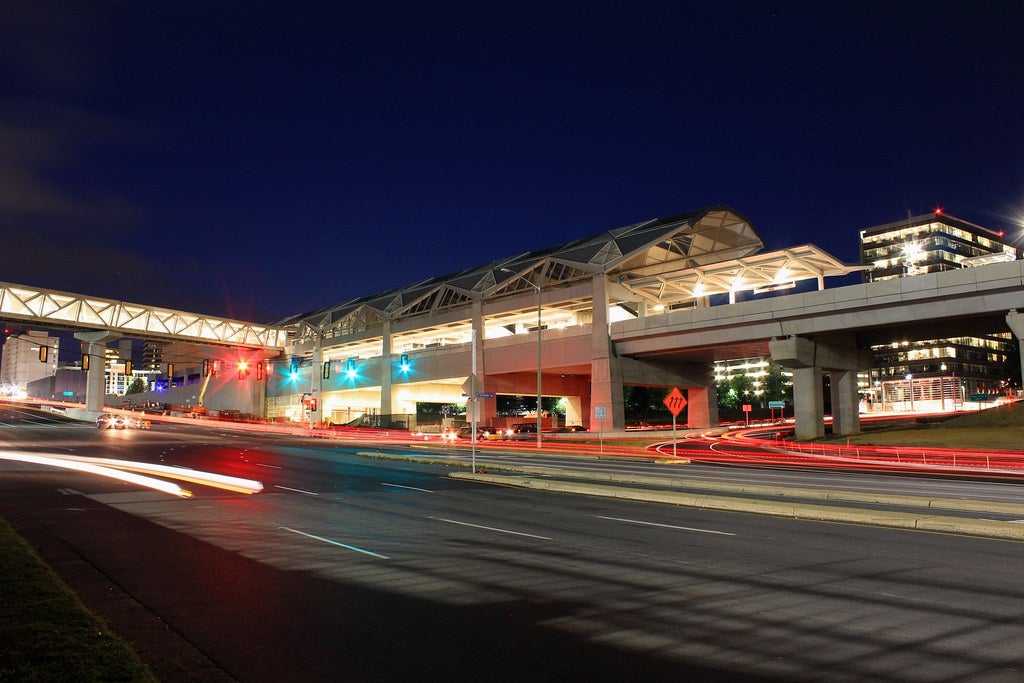

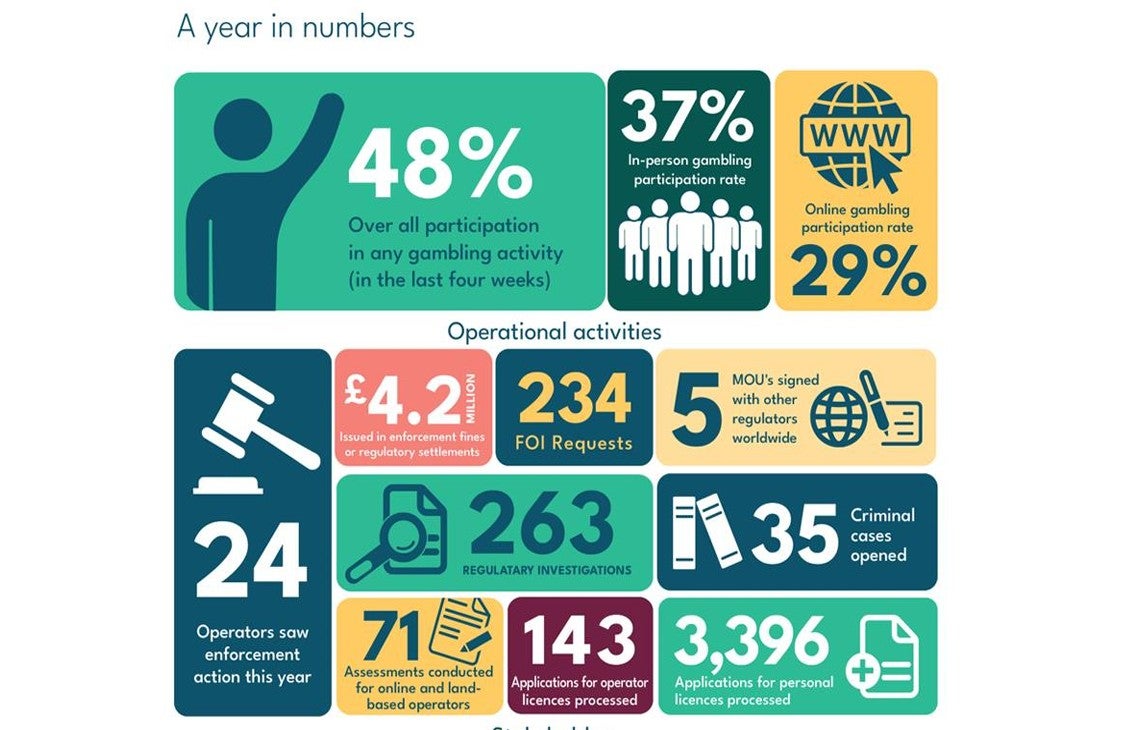
_(2374185648).jpg)





.jpg)







